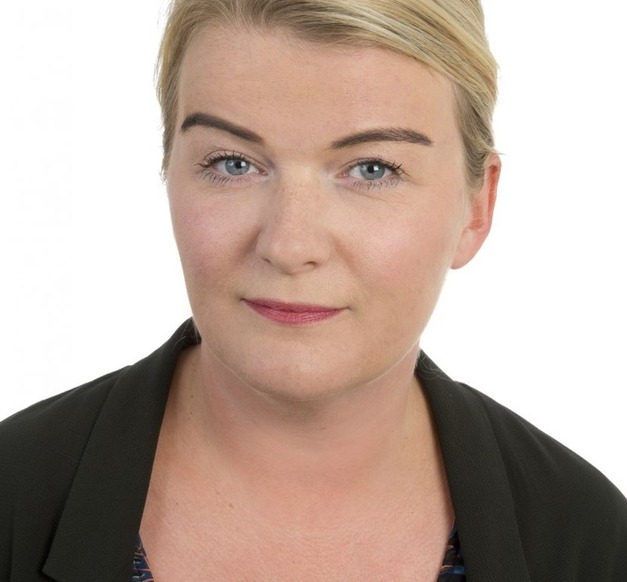Sunna Kristín Símonardóttir, former doctoral student at the Faculty of Social and Human Sciences
"After reading about what research focuses on these days, I had the idea of studying how mothers in Iceland experience the dominant discourses on motherhood", says Sunna Kristín Símonardóttir about her research. She recently graduated with a Ph.D. in Sociology.
Sunna has long been interested in mother/child relationships, and wrote her final BA project on this topic. She then continued her studies at the University of Leeds in England where she received a Master's degree in Gender Studies. Her final project there dealt with abortion. "I have always been interested in how being a mother automatically changes a woman's status."
Sunna Kristín Símonardóttir
"Women in Iceland are being told that all women can breastfeed. So when a woman experiences she can in fact not, she doesn't know what her status is"

Research on this topic is closely linked with the Anglo-Saxon countries, which is why Sunna often travels there to engage in conversation with other scholars. The topic has been very little researched in Iceland. "It is almost as if it is no longer 'in' to think about the role of mothers in Scandinavia. We are such feminists that we feel like we are done with that", says Sunna, who, however, believes that things still need to change.
Sunna focused particularly on the topic of breastfeeding in her doctoral research. Her results suggest that women who have difficulty breastfeeding are at risk of being judged for their bodies’ failure to feed their child. Women are being shamed for their inability to breastfeed and these women feel alone in their experience. Sunna's interviewees admit that they do not dare feed their child a bottle when they meet with other mothers or at cafés in fear of being considered bad mothers. Studies suggest, however, that up to 15% of mothers have problems breastfeeding, showing that the problem is more common than people realise.
"Women in Iceland are being told that all women can breastfeed. So when a woman experiences she can in fact not, she doesn't know what her status is", says Sunna, who considers it necessary to rethink the discussion on breastfeeding in Iceland.
With her research, Sunna hopes to spark a debate of women's experiences with motherhood. To date, articles by Sunna have primarily been published in international journals, which shows that she has put Iceland on the map of this discourse. Sunna considers it a challenge to educate society and one's own surroundings about this issue. "What I would like to do now that I have finished my research is to make the results to some degree part of the public debate," Sunna says at the end of the interview.
Supervisor: Ingólfur V. Gíslason, Senior Lecturer at the Faculty of Social and Human Sciences.


